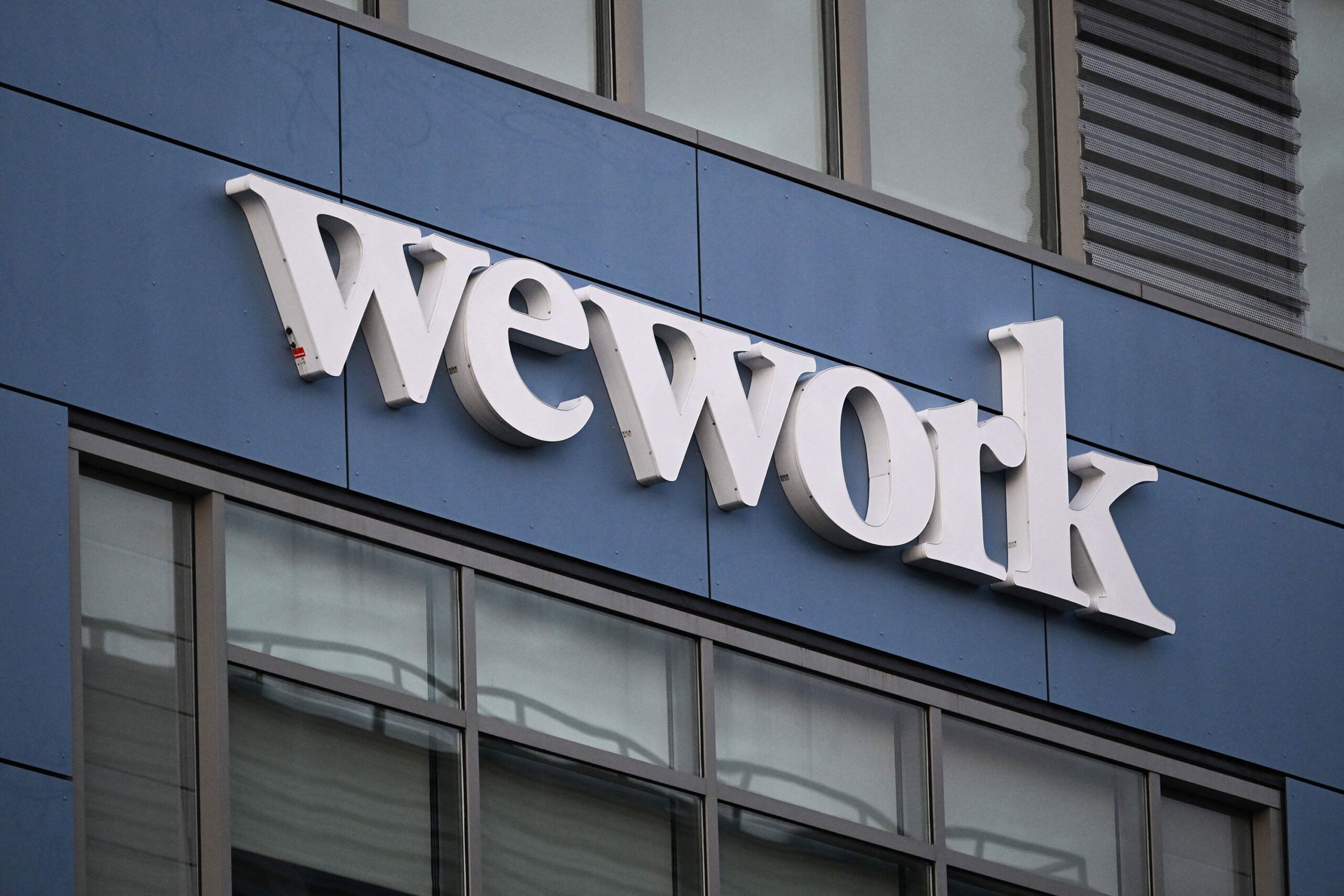WeWork, the once highly valued office-sharing firm with a previous valuation of $47 billion, has announced its decision to implement a 1-for-40 reverse stock split as a measure to prevent its shares from being delisted. Following this announcement, the stock price experienced an 11% decline and concluded at 14 cents. The shares have been trading below $1 since late March, resulting in the company’s market capitalization dwindling to approximately $300 million.
In an official filing with the SEC, WeWork stated, “The Reverse Stock Split is being undertaken to regain compliance with the New York Stock Exchange’s requirement of a minimum closing price of $1.00 per share to ensure continued listing.” The reverse split is scheduled to take effect after the market closes on September 1. While this maneuver will not have any impact on the company’s financials or overall valuation, it would elevate the stock price to $5.60 based on the closing price of the previous Friday. It’s crucial to maintain a share price of $1 for at least 30 consecutive days to avoid the risk of delisting by the NYSE.
Irrespective of whether the stock price sees an increase, WeWork finds itself in a highly challenging situation. The company recently expressed significant concerns about its ongoing viability due to mounting losses and a declining cash position. WeWork incurred a net loss of $700 million in the first half of the current year, following a loss of $2.3 billion in 2022. As of June 30, the company had $205 million in cash and equivalents, with total liquidity amounting to $680 million. Its long-term debt stood at $2.91 billion.
Over the past few years, WeWork has experienced one of the most striking corporate collapses in recent U.S. history. Once valued at $47 billion by SoftBank’s Masayoshi Son five years ago, the company’s efforts to go public in 2019 failed amidst existing operational challenges. The subsequent pandemic further exacerbated its difficulties, with numerous companies terminating leases and the subsequent economic downturn leading even more clients to close operations.
WeWork made its public debut in 2021 through a special purpose acquisition company (SPAC). However, since the close of 2021, the stock has witnessed a staggering decline of 98% in its value.
(Source: Ari Levy | CNBC)









